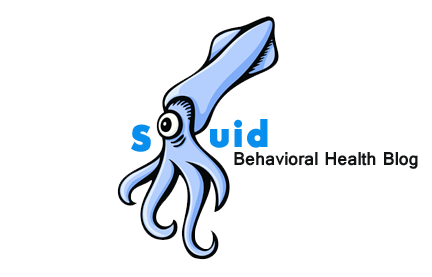In the 1950s and 60s, familiar drugs that were bought for decades beforehand began to lose over the counter status due to widespread abuse and experimentation with such dangerous substances. Heroin was one such drug that would become a controlled substance, previously able to be purchased from a pharmacy.
Derived from the poppy plant, heroin is a derivative of opium, a substance occurring naturally in the seeds of poppies. As one of the most addictive drugs, it is estimated that over a quarter of all people who try it become addicted, and it is one of the hardest to come off of, with withdrawal symptoms that could be described as horrifying. Users' aging processes accelerate dramatically; adding to this, hair loss and tooth decay are also common side effects of heroin use.
Regular use of heroin attacks the respiratory system, and overdose can lead to suffocation. The lungs become so relaxed, that they cease to work. The body becomes oxygen deprive, cells die, and subsequently the user expires. Even where fatal overdose is not the cause of death, prolonged use of heroin can cause death too. The drug goes after the liver, heart, and lungs, leading to hepatitis (a liver condition), and myocarditis (a heart condition). Heroin use can also lead to contraction of AIDS, not because the drug itself causes it, but because users often share needles.
Heroin is defined as a quick high, and the effects of the drug are nearly instantaneous. However, with the passing of time, the body will build a resistance to the drug, and the dosage will have to be increased to achieve that warm high. In this way, the door to overdose is opened wider and wider the more the user takes the drug.
Parents should talk to their children about the harsh consequences of using this drug, both legal and medical. Friends and family of individuals who are suffering from heroin addiction should seek professional help. It is not an easy subject to address, even when your children do not use drugs. But talking about it today is preferable to your children or friends winding up in rehab tomorrow. Users of drugs often turn to them because there is something else wrong, so probing your child's problems in a gentle way with a view to fixing them may be done in conjunction with telling them not to take drugs, just because.

